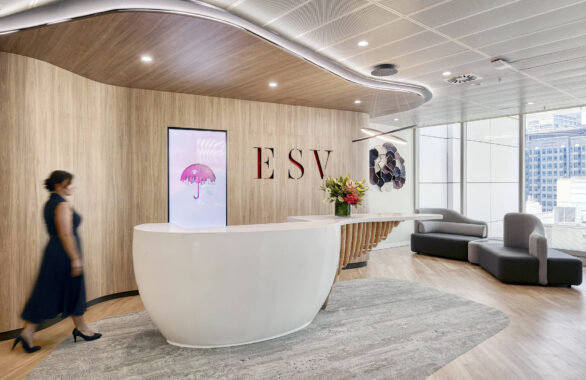The ATO has recently released guidance regarding the impact of COVID-19 on Car Fringe Benefits which may assist employers in mitigating FBT liabilities.
Generally, Car Fringe Benefit will arise where an employer makes a car available for the private use of an employee. The generally accepted position of when a car fringe benefit arises is where the employee takes the car home (i.e. a work car is garaged at home), however, in these recent times, the maintenance of a car at an employee’s home may not be the provision of a Car Fringe Benefit. Where a car isn’t being driven at all, or is only being driven for maintenance purposes, the ATO are taking the view that the employer may not be liable for FBT on the vehicle. In such situations, for an employer to avail themselves of the concession, the operating cost method will need to be adopted and odometer records maintained. The odometer records will need to demonstrate that during the period the car was garaged, the car was not driven, or has only been driven briefly for the purposes of maintaining the car.
The concession is not available if an employer does not elect to use the operating cost method or does not maintain appropriate odometer records.
In this case an FBT will continue to arise (as it would in “normal” years), as it is assumed that the car is available to the employee for private use.
The ATO have also acknowledged that Covid-19 will impact employees who are utilising a logbook to support the operating cost methodology. The requirements for a logbook will vary depending on whether:
- The employee already uses the operating cost method and has an existing logbook in place, or
- Is electing to use the operating cost method for the first time or it’s a logbook year (i.e. year 5 of a logbook cycle).
Existing Logbooks
- Employees / employers can still rely on the existing logbook despite changes in driving patterns due to Covid-19. Odometer records for the year must continue to be maintained.
- Employees / employers will need to make a reasonable estimate regarding the percentage of business use of the car, considering logbooks, odometer records and any changes in the pattern of business use throughout the year, including changes due to COVID-19.
- Where your driving patterns and business-use percentage are impacted by Covid-19, you can choose to keep a new logbook, provided that the period is representative of your usage throughout the year. Utilising the Covid-19 lock down period to reduce private use of a vehicle would be unlikely to meet the representative requirement.
New Logbooks or it is a logbook year?
These rules remain unchanged in that you must:
- Keep a logbook recording details of business journeys undertaken in the car for a continuous period of at least 12 weeks (the logbook period must also be recorded in the logbook)
- Keep odometer records of the total kilometres travelled in the logbook period, and the total kilometres travelled during the year, and
- Estimate the number of kilometres travelled on business journeys during the FBT year.
For this estimate, you must consider all relevant matters including logbook and odometer records, any other records, and any variations in the pattern of business use throughout the year. If the car was not driven for a period due to Covid-19 impacts, it is recommended that you also keep odometer records to show this.
Impacted driving patterns during the period you were maintaining a logbook
March and April are common times for employees to be renewing their logbooks to ensure that they are up-to-date especially when they are in the final year of the 5-year cycle.
As such, an employee’s driving pattern may have been impacted by the Covid-19 pandemic and therefore the resulting logbook would not reflect the business use of the car.
If employees are making a reasonable estimate of business use, they can adjust the use indicated from the logbook to account for the change in driving patterns from Covid-19 impacts. The logbooks must still record a period of at least 12 weeks – if the logbook does not reflect a 12-week period it cannot be used to reduce the taxable value to take business use into account. Failure to make a reasonable estimate to take account of the change in driving pattern could result in a higher FBT liability for subsequent years unless the logbook was repeated.
The impact of Covid-19 has led to several changes in how businesses operate, how they conduct events and interact with their staff – it’s not just cars. As a result, employers are encouraged to look at the changes in types of expenditure incurred conducting their business during this period to ensure that they are correctly identifying expenditure that is subject to FBT as well as taking into account concessions and a relaxation of the rulings permitted by the ATO.
If you have questions about FBT and the changes due to Covid-19, please contact your ESV engagement partner on 02 9283 1666.





